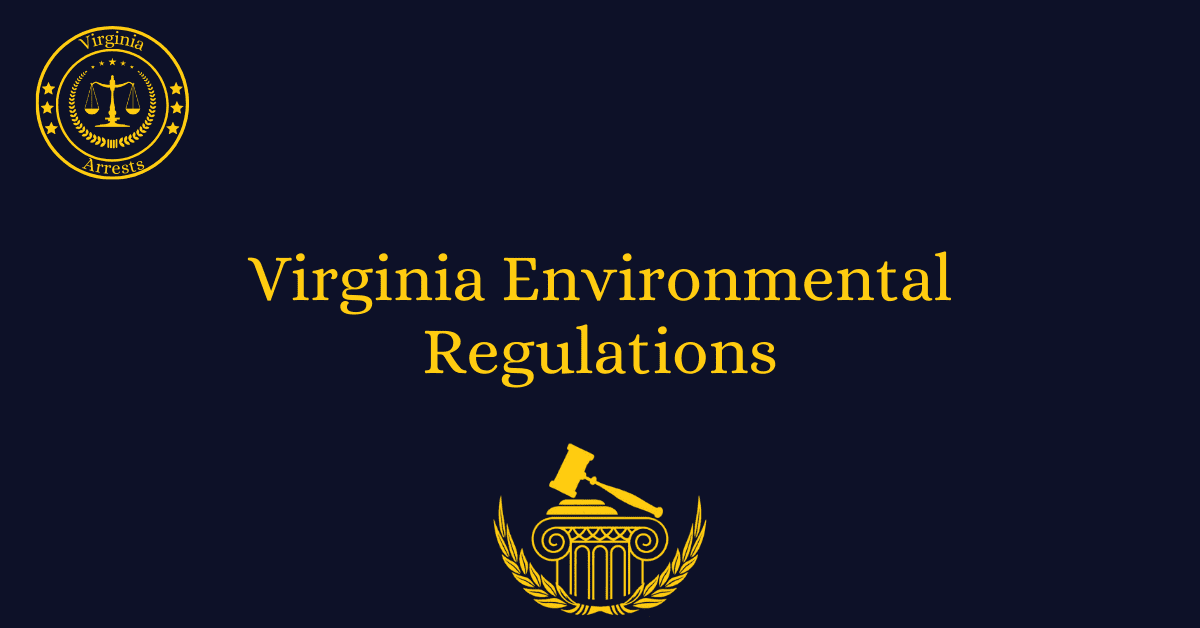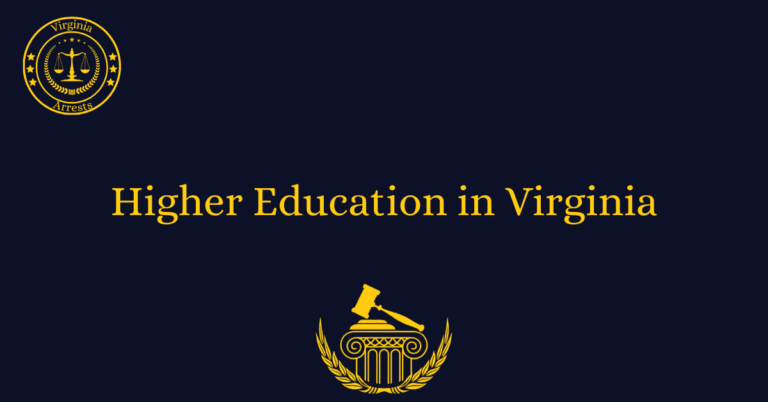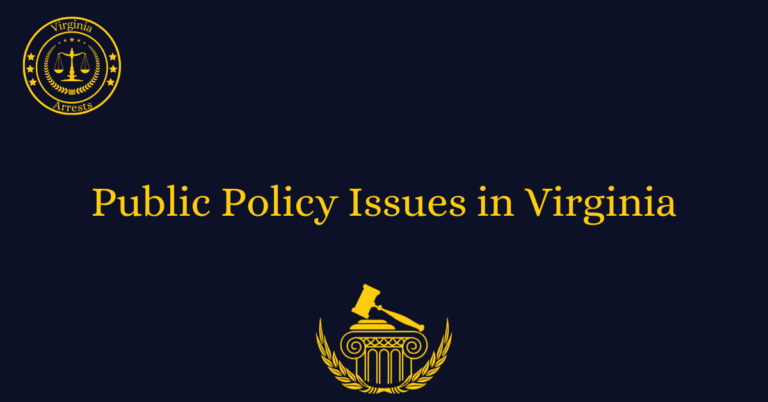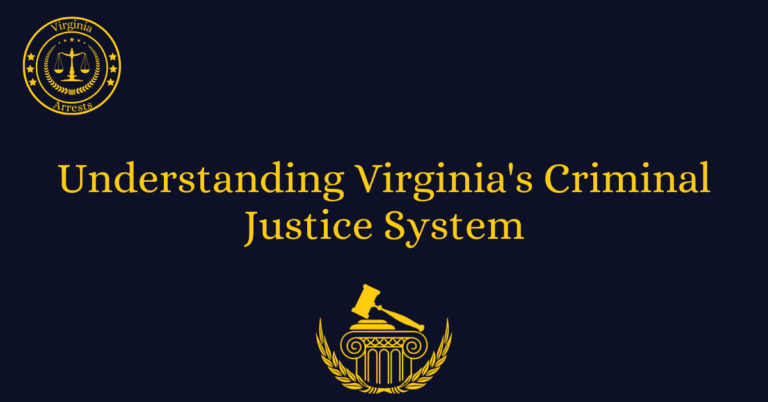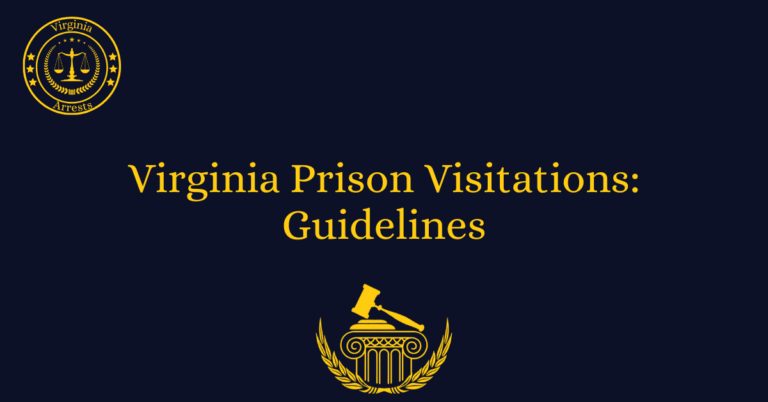Virginia Environmental Regulations
Virginia, known for its diverse natural landscapes ranging from the Appalachian Mountains to the Chesapeake Bay, places significant emphasis on environmental conservation and sustainability. To safeguard its natural resources and promote responsible development, the Commonwealth of Virginia has established a comprehensive framework of environmental regulations. These regulations cover various aspects of environmental protection, including air quality, water resources, waste management, and land use. In this article, we delve into the key environmental regulations in Virginia and their implications for businesses, communities, and the environment.
Air Quality Regulations
The Virginia Department of Environmental Quality (DEQ) oversees air quality regulations aimed at reducing pollution and protecting public health. These regulations include emission standards for industries, vehicle inspection programs, and measures to address regional air quality concerns. By enforcing stringent emission limits and promoting cleaner technologies, Virginia aims to mitigate the adverse effects of air pollution on human health and the environment.
Water Resources Management
Water plays a crucial role in Virginia’s economy, supporting various industries, agriculture, and recreational activities. To safeguard water quality and quantity, the Commonwealth has implemented regulations governing wastewater discharges, stormwater management, and water conservation practices. Agencies such as the Department of Environmental Quality and the Department of Conservation and Recreation work collaboratively to monitor water bodies, enforce pollution control measures, and promote sustainable water use across the state.
Waste Management Policies
Effective waste management is essential for minimizing environmental pollution and conserving natural resources. Virginia’s waste management regulations encompass diverse areas, including solid waste disposal, recycling programs, and hazardous waste management. These regulations aim to reduce the generation of waste, encourage recycling and reuse, and ensure the safe handling and disposal of hazardous materials. By adhering to waste management guidelines, businesses and communities contribute to a cleaner and healthier environment.
Land Use and Conservation
Balancing development with conservation is a key objective of Virginia’s land use regulations. The state employs zoning ordinances, land use planning initiatives, and conservation easements to guide responsible development and protect ecologically sensitive areas. Agencies such as the Department of Conservation and Recreation and the Department of Forestry play pivotal roles in preserving Virginia’s natural landscapes, wildlife habitats, and cultural heritage sites. Through strategic land use policies, Virginia seeks to foster sustainable growth while preserving its unique environmental assets.
Regulatory Compliance and Enforcement
Ensuring compliance with environmental regulations is essential for maintaining environmental quality and public health. Regulatory agencies conduct inspections, issue permits, and provide technical assistance to help businesses and individuals meet regulatory requirements. Enforcement actions may be taken against entities found violating environmental laws, including fines, penalties, and corrective measures. By promoting compliance and accountability, Virginia aims to uphold the integrity of its environmental regulatory framework.
FAQs
What areas do Virginia Environmental Regulations cover?
Virginia Environmental Regulations cover a wide range of areas, including air quality, water management, waste disposal, and land conservation.
How do Virginia Environmental Regulations protect and preserve the natural beauty and resources of the state?
Virginia Environmental Regulations aim to protect and preserve the natural beauty and resources of the state by implementing sustainable and responsible practices.
How does Virginia Environmental Regulations balance economic growth with environmental stewardship?
Virginia Environmental Regulations understand the importance of balancing economic growth with environmental stewardship. They work closely with businesses, communities, and individuals to ensure compliance with the highest standards of environmental protection.
What support does Virginia Environmental Regulations offer to businesses, communities, and individuals?
Virginia Environmental Regulations provide guidance, resources, and support to businesses, communities, and individuals to help navigate the complex world of environmental regulations.
Why is it important to comply with Virginia Environmental Regulations?
Complying with Virginia Environmental Regulations is crucial to protect the natural beauty and resources of the state, ensure sustainability, and create a greener and cleaner future for generations to come.

